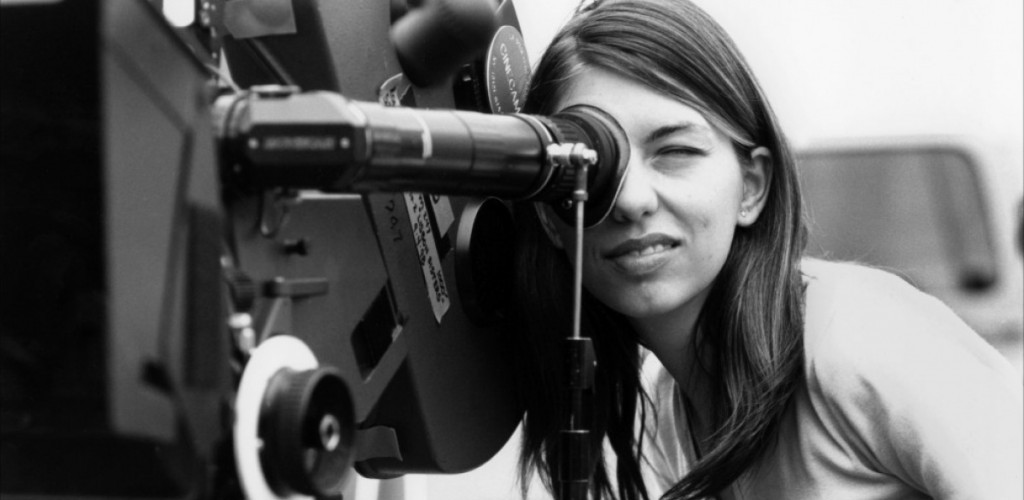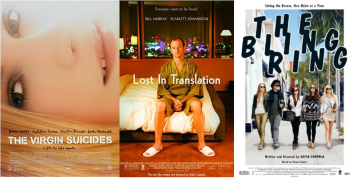A new blog has started called Shit People Say To Women Directors, where people can anonymously post about the sexism they have received in the film industry. Hopefully, much like the similar Everyday Sexism Project, before it, it will make visible the deeply ingrained sexism and provide qualitative evidence to support the already abundant quantitative research. Some disparaging figures are that last year only 26% of the major filmmaking roles were occupied by women, 23% of films were directed by women, and of the top 100 films only 1.9% were directed by women.
This blog post will hopefully celebrate female film directors. But it is a shame that such a post has to be done. There would be no ‘Top Male Directors’ list, it would just be ‘The Top Directors’ and feature no women. This would then be attributed to men being better directors, and/ or women obviously aren’t as interested in film. In the documentary film Miss Representation, director Catherine Hardwicke said that even after her film Twilight was wildly successful, the studios opted for men to direct the sequels and that since she has been denied jobs because men would apparently be more suited for that film. This is a firsthand account of how women do want to make films, but are denied the possibilities.
Female directors raise many questions, like: should they make explicitly feminist films? Should they make films about ‘male’ subject matter? Should they only make films about ‘female’ subject matter? Etc. This list shows female directors can turn their hand to any type of film, designed for any audience.
This list is largely limited to mainstream Hollywood directors, and my own preferences. So before beginning the countdown I’d like to look at some other types of female director. Female avant garde directors are fairly common, such as Germaine Dulac (The Seashell and the Clergyman), Agnes Varda (Vagabond) and Leni Riefenstahl (The Triumph of the Will). And nowadays there’s a growing number of high profile actresses moving behind the camera, such as Drew Barrymore (Whip It), Angelina Jolie (Unbroken), Joan Chen (Xiu Xiu: The Sent-Down Girl), and Madonna (W.E.). Also, ashamedly I’m not that familiar with their work but there are renowned female directors of colour, dealing with intersectional discrimination. Some of these include Alice Wu (Saving Face), Amma Asante (Belle), and Gina Prince-Bythewood (Love & Basketball). Lastly there is a large body of female directors directing supposedly ‘men’s’ films, dispelling the myth that men direct films for men (and women), and women direct films for women. For example Penny Marshall (Big), Mary Harron (American Psycho), and Penelope Spheeris (Wayne’s World).
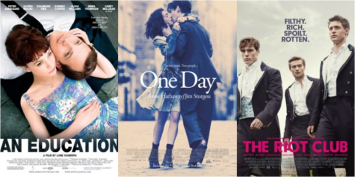
Lone Sherfig is an up-and-coming Danish director, best known for An Education, One Day, and last year’s The Riot Club. She studied film in Denmark before making adverts and programmes for television, and moving West to make feature films. She has won a selection of awards for best film and screenplay, and has been nominated for best director also.
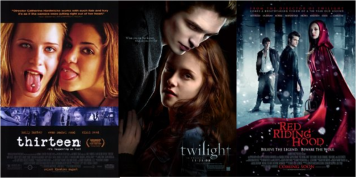
Hardwicke started with the extremely low-budget Thirteen, which was fairly successful critically and commercially. Since then she directed the first film in the Twilight franchise. Although this film is problematic in its romanticising of female passivity and implied domestic violence, it was nonetheless very popular with female audiences and was very successful. As stated above, Hardwicke was denied the opportunity to direct the sequels. She has since made other films, such as Red Riding Hood.
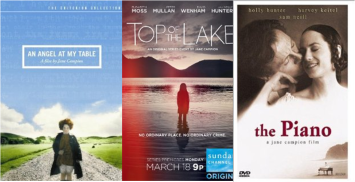
Jane Champion, originally from New Zealand, leans more towards overtly feminist films, such as The Piano (for which she won an Oscar). In more recent years she’s turned to TV with the successful series Top of the Lake.
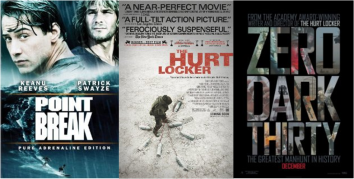
Bigelow specialises in what could lazily be labelled ‘men’s films’. She usually sticks to genres of action, thriller and war, and offers her outsider perspective to explore masculinity in a way a male director perhaps couldn’t. Three of her most successful and best known films are: Point Break, The Hurt Locker and Zero Dark Thirty.
Daughter of acclaimed director Francis Ford Coppola, Sofia Coppola is a thriving director in her own right. Like Jane Champion, feminist overtones are prominent in her work, and she more often than not deals with female protagonists. Three of her best are The Virgin Suicides, Lost in Translation, and The Bling Ring.
